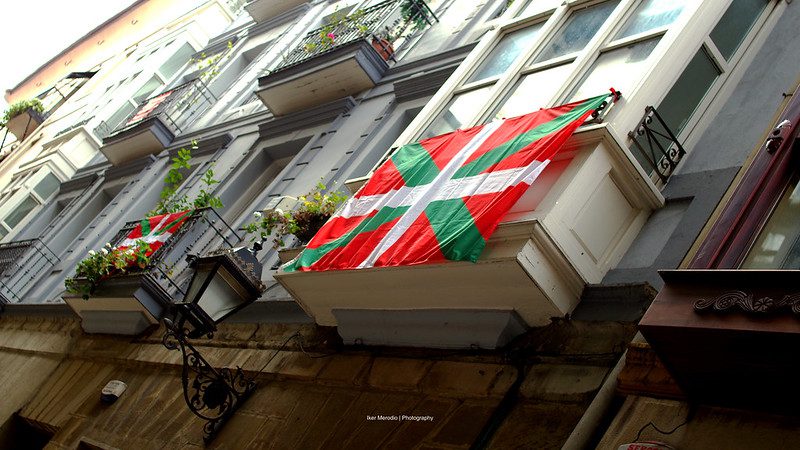
The Petitions Committee of the European Parliament has thrown a wet-towel on the Spanish government’s red-hot campaign to white-wash terrorism committed by the Basque separatist organization Euskadi Ta Askatasuna (ETA), or “Basque Homeland and Liberty.”
On Thursday, April 22nd, the committee approved a report from its fact-finding mission in November 2021, to the Basque Country in Spain, that recognized ETA terrorism as a ‘crime against humanity’ and encouraged Spain to “exhaust all possible interpretations of the penal code” to prosecute ETA crimes. It attacked the government’s current lenient policy towards convicted ETA prisoners.
“What it is reminding us of are our various serious pending issues in that matter with the victims of ETA. It places us before the mirror of our own contradictions, such as not applying our own jurisprudence on mediate authorship by domain to the gang leaders,” Miguel Ángel Rodríguez Arias, a lawyer for the Dignity and Justice Victims’ Association—which had petitioned for the fact-finding mission—said in an interview with Spanish newspaper ABC.
The terrorist band victimized approximately 7,000 innocent people over forty years through bombings, murders, and kidnappings, targeting not only police forces and politicians but also civilians and children. Most of the unresolved crimes date back to the 1970s and 80s, the worst years of ETA terrorism, and therefore fall outside the statute of limitations for prosecuting crimes. But no statute of limitation applies to crimes against humanity, nor can their authors ever be offered amnesty.
Using this legal category of criminal behaviour in older ETA cases has been a contentious question in Spain. Some Spanish jurists argue that the category of ‘crimes against humanity’ can only be applied to crimes committed since 2004, as Spanish law did not explicitly recognize the category until then. Others contest that the category has been enshrined in international law since the 1970s, and that the Spanish Constitution also guarantees the right to be protected from such crimes. The committee’s report gives more weight to the later argument.
The report also recommended that any benefits given to ETA prisoners such as semi-liberty and lesser degrees of imprisonment be “linked to their collaboration in clarifying all those attacks of which they are aware, as an added sign of their true repentance.”
This has not been the policy of the current government, a coalition between the Left Partido Socialista Español and the neo-communist party Unidos Podemos. Since the current government came to power in 2018, it has granted an unprecedented number of benefits to ETA prisoners without requiring their cooperation with authorities. A report from the Spanish police came out earlier this year showing that these favours were coordinated directly with former ETA members, some of them themselves convicted murderers, and Basque politicians—confirming that they were political favours for the support of the fringe Basque independentist party, Euskal Herria Bildu (EH Bildu), many of whose members formerly belonged to ETA.
The Spanish government’s political shielding of ETA was evident in the committee’s vote on the report. MEP Cristina Maestre Martín De Almagro, a member of the Social Democrats and the PSOE, had attempted to have both of the recommendations discussed above, the two most important, deleted. Her proposed amendments were voted down.
Miguel Ángel Rodríguez Arias celebrated the report as “a historic milestone and a giant step, in many ways, to help corner ETA’s impunity nationally and internationally.”